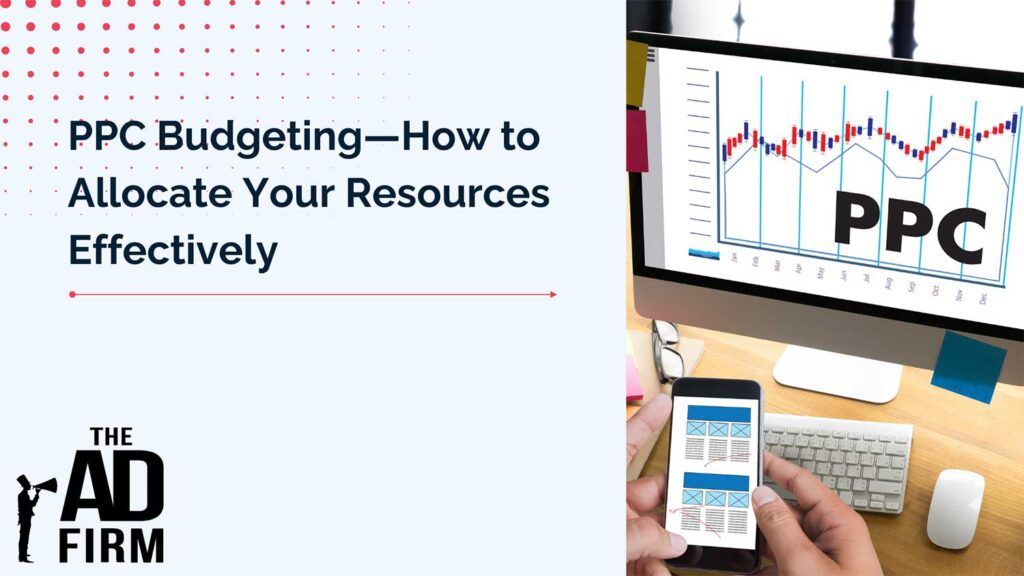Before diving into PPC budgeting, it’s crucial to establish specific, measurable, achievable, relevant, and time-bound goals for your campaign. Whether you’re looking to increase website traffic, generate leads, or boost sales, defining your objectives will guide your budget allocation decisions.
Understanding Your Target Audience
Knowing your target audience is essential for effective PPC budgeting. By understanding their demographics, interests, and online behavior, you can tailor your ad messaging and select the right keywords to reach your desired audience. This insight will help you allocate your budget towards the most promising segments of your target market.
Choosing the Right Keywords
Selecting the right keywords is critical for the success of your PPC campaign. Conduct keyword research to identify high-performing keywords that align with your business objectives and target audience. By focusing on relevant keywords with high search volume and low competition, you can maximize the impact of your ad spend.
Optimizing Your Ad Copy and Landing Pages
Well-crafted ad copy and landing pages can significantly improve your PPC campaign’s performance. Write compelling ad copy that highlights your unique selling proposition and encourages users to click on your ads. Ensure that your landing pages are optimized for conversions, with clear calls-to-action and relevant content that matches the ad copy.
Monitoring and Analyzing Performance Metrics
Regularly monitoring and analyzing key performance metrics is essential for optimizing your PPC budget. Track metrics such as click-through rate, conversion rate, cost per click, and return on ad spend to evaluate the effectiveness of your campaign. Use this data to make informed decisions about budget adjustments and optimize your ad spend for maximum ROI.
Implementing Bid Strategies and Ad Scheduling
Utilize bid strategies and ad scheduling to maximize the efficiency of your PPC budget. Experiment with different bidding strategies such as automated bidding and manual bidding to find the most cost-effective approach for your campaign. Additionally, consider scheduling your ads to display during peak times when your target audience is most active online.
Testing and Iterating Your Campaign
A/B testing is a powerful tool for optimizing your PPC campaign. Test different ad creatives, landing page designs, and targeting strategies to identify what resonates best with your audience. Use the insights from these tests to refine your campaign and allocate your budget towards the most successful tactics.
Conclusion
Effective PPC budgeting requires a strategic approach that focuses on maximizing the impact of your ad spend. By setting SMART goals, understanding your target audience, choosing the right keywords, optimizing your ad copy and landing pages, monitoring performance metrics, implementing bid strategies, and testing your campaign, you can ensure that your PPC budget is used efficiently to drive results for your business.

